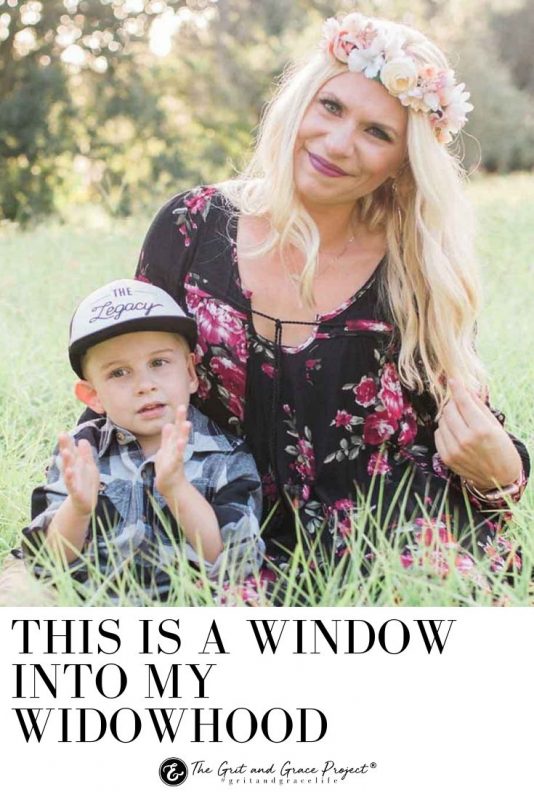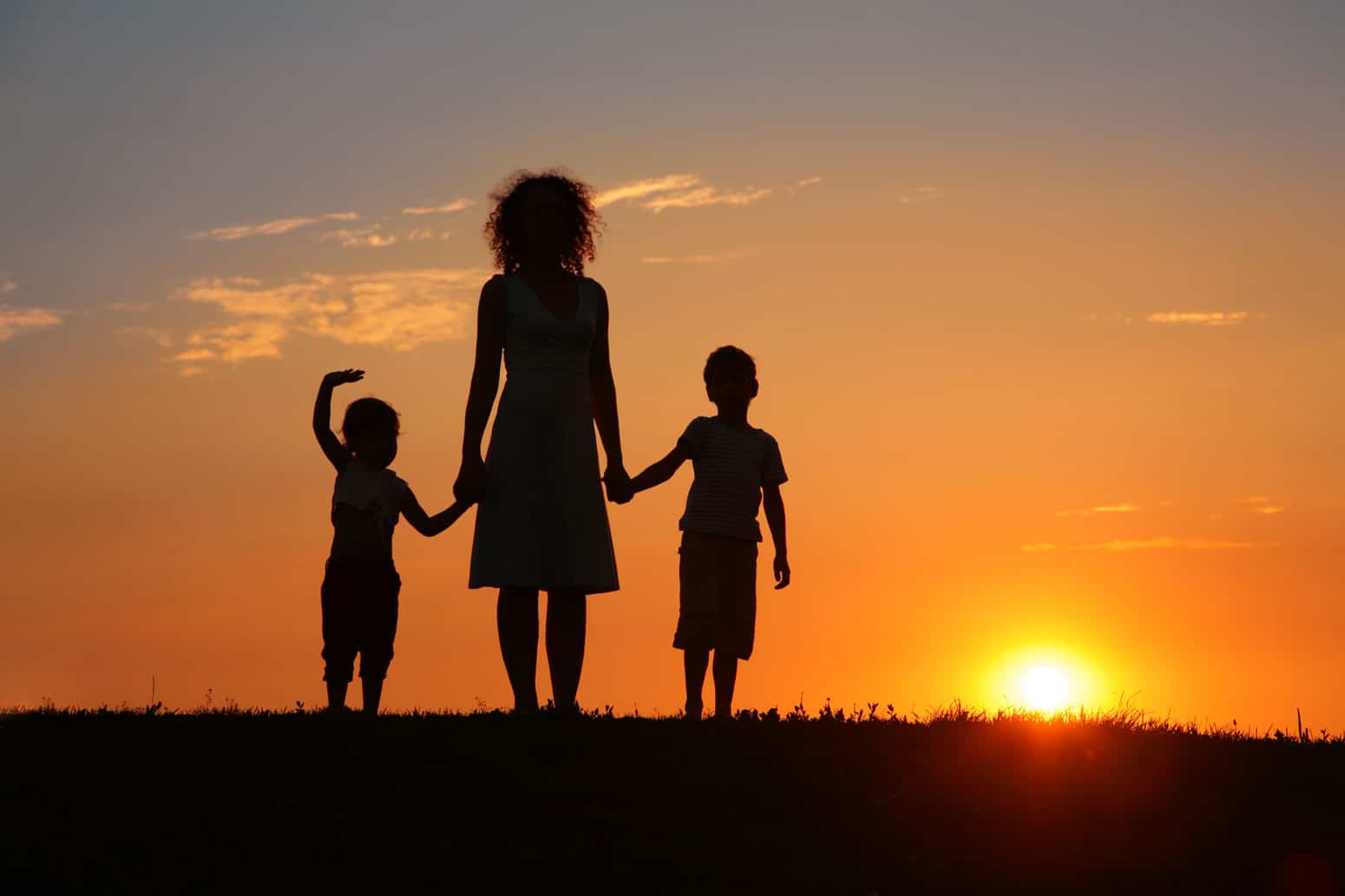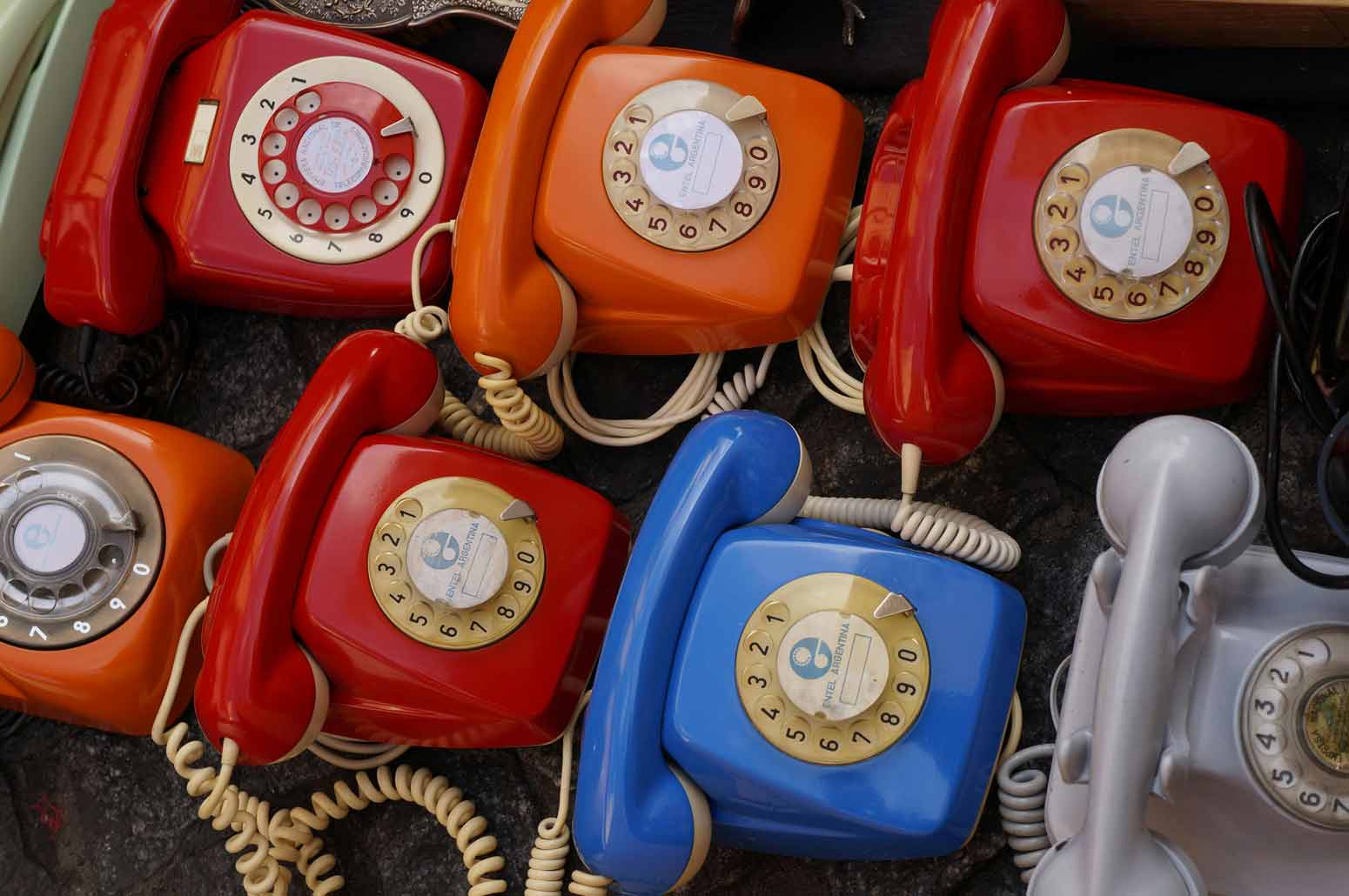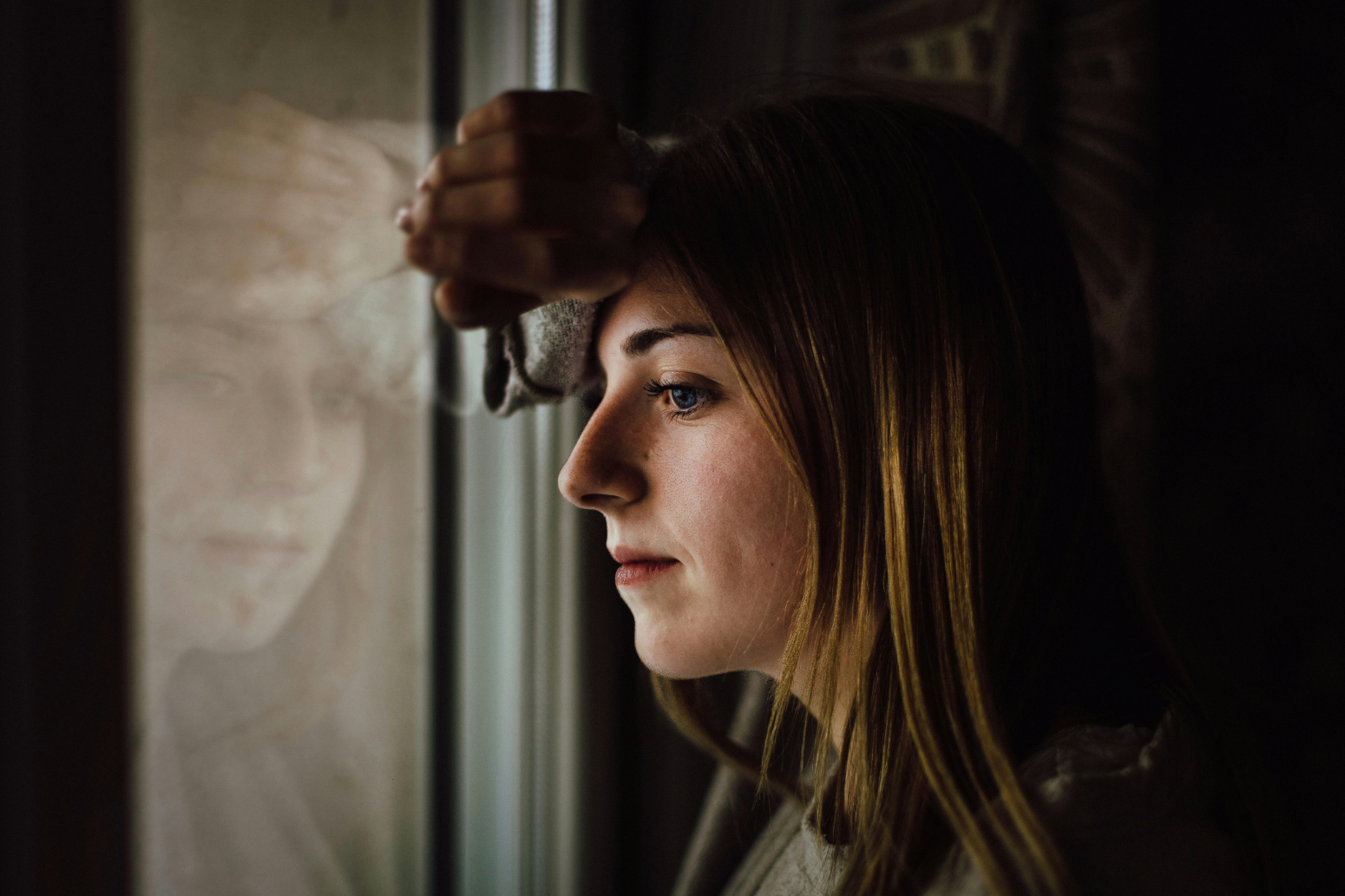I noticed an increase in my son’s acting out. He had become more defiant than normal and was driving me crazy. It didn’t matter what it was, but any minor correction blew up into full blown fights, tears, and frustration. Unfortunately, it didn’t stop there. He proceeded to get into trouble at school twice in the next week.
One day, he came home from school and saw that there was a card on the kitchen counter, letting us know we were in someone’s thoughts. He brought it to me, wanting to understand what it meant since his name was listed as well. I ever so gently reminded him that the anniversary of his dad’s death was approaching.
“Oh” he said, “I forgot.” But… do our minds ever let us really forget?
Closely thereafter my son came home from basketball practice, defeated and frustrated—a departure from the excitement I had seen just a few weeks earlier. Once again, I wondered if it really was a problem at practice or if it was something deeper.
The Shadow of a Widow’s Grief

A After the third time, it hit me like a ton of bricks. My mind was not letting me forget about the day that my husband took his own life or the abuse we experienced due to his declining mental health. Finally, I realized I needed to take a break and perhaps acknowledge what was happening.
I didn’t tell anyone; I just disappeared from my office and took the time I needed. I thought about the events that led up to my husband’s death and how and why they were affecting me. The next few days I felt so proud of myself. I acknowledged it and those feelings went away.
Two weeks later, off we went on our annual ski trip that started, in large part, so that we could get away and forget the anniversary. We were having fun enjoying the snow and watching everyone have fun on the mountain. But on the third day, those feelings hit again.
This time, I admitted that I needed to be held for a minute while I took some deep breaths and tried to regulate my heart. A few minutes later, I grabbed my youngest and told him that mom needed some snuggles and why. My normally not-cuddly boy was quick to let me wrap my arms around him and breathe.
When Grief Unexpectedly Returns
So here I was, wondering if it was possible to just make it through these anniversaries without these intense feelings. My oldest seems to, but I often wonder if he is just suppressing his feelings. Is he really OK, or will those feelings hurt him later? I wonder how I can be so affected when I am so incredibly happy and fulfilled in my life now. I question if that means I’m not as healed as I think I am. After making it through the last two years virtually unaffected, why was this year so different?
When the day finally came, I decided that me and my boys were going to face it head-on. Perhaps the acknowledgement would be good for all of us.
Reflecting on Fond Memories
So, we got up and went out to breakfast together. As we sat there, I asked my sons to share their favorite memory of their dad. Because we seem to remember the bad things, I thought trying to have them focus on something good about their father would help. My oldest rolled his eyes and wanted no part of the “feelings.” Eventually he gave me a two-word answer. I then got a similar response from my youngest. Not exactly the stroll down memory lane I was hoping for.
Our next stop was to get coffee. Now that my oldest was drinking coffee (when did that happen?), I thought I would share their father’s favorite drink with them. I ordered two, and as they tried it, I told them that I order his favorite drink on his birthday each year. I think they were surprised by this admission. I reminded them that while there was so much bad that was in our life, we must remember that mental illness stole him from us and was largely to blame for his actions and resultant death.
As they fell silent, I decided to end our conversation and go about our day. While I typically like to talk over things over and over, I knew that I had to tread lightly. The fact that I even got them to acknowledge the day, much less talk about it and remember him, was huge.
We finished our little trip and off we all went about our day. I was still struggling. I found myself deep in thought over the events that led up to my husband’s death and everything that occurred thereafter. I couldn’t seem to shut it off.
At some point, I hit a wall. I was done. I couldn’t anymore. I think everyone noticed that I had done what I do best when I’m overwhelmed or exhausted—I withdraw into myself. I stop talking and avoid everyone. I just couldn’t keep up the happy act anymore. Several people asked if I was OK, but I was tight-lipped every time. All I wanted was to go to bed and start a new day. If I was feeling like this, I can only imagine how my kids feel when facing this day.
What Does the Future Look Like for Those Battling Grief?
I’m curious how it will go in the years to come. Will those anniversary feelings continue to push through, sidelining our whole month? I hope not. I wish I had the right answer and could pass along some wisdom on how to make it better. But what I do know?
I do know that having these feelings—or not—is normal. Having these feelings doesn’t mean you haven’t healed. Talking about them is healthy, but not talking about them is OK, too. A widow’s grief does not end with the first year of loss. There will be days and reminders of what life was like before, and whatever you need to do to help process them each year is OK.
Photo by Juan Pablo Serrano Arenas
—
Anxiety can be a byproduct of grief. If this is something you struggle with, take heart in knowing you’re not alone. This podcast episode details a woman’s experience with anxiety and how she copes: Living with Anxiety? Bring It into the Light and Find Hope with Caroline Beidler – 235














